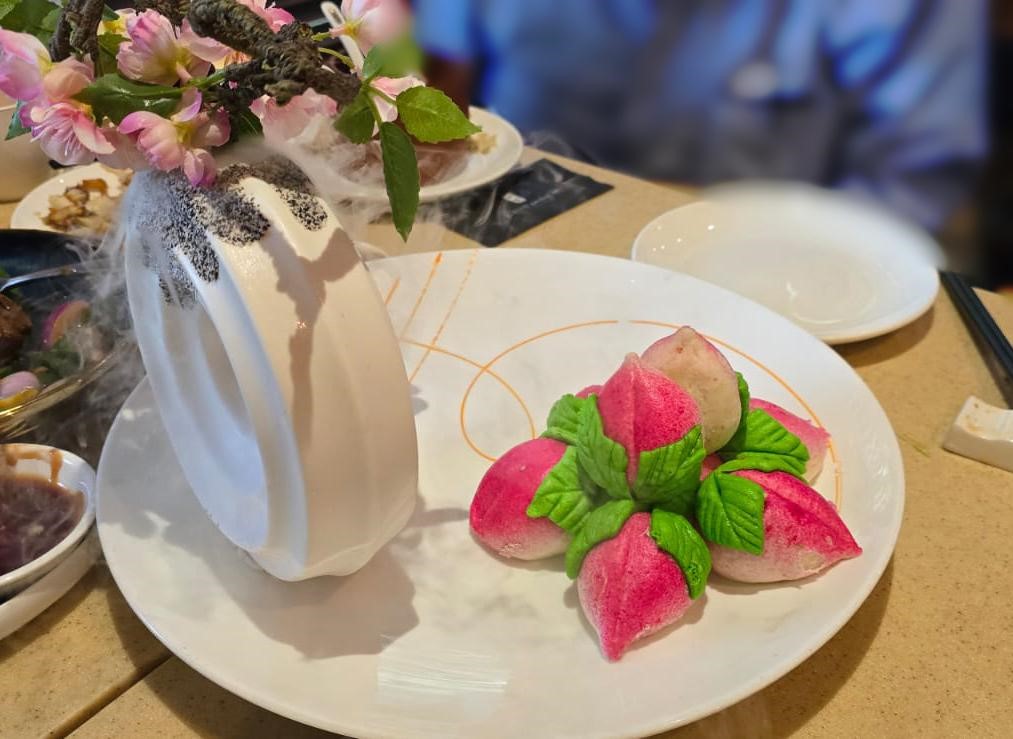
Close


In Mr C’s modest home, the heat clung to the still air as a dim bulb flickered overhead. The worn out fan whirred faintly, doing little to cut through the warmth. Mr C lived alone. Most days passed in silence, sitting in various corners of the house, where daylight offered some comfort.
Each week, HCA volunteer Chan visits Mr C at home. During one of these visits, Chan noticed not just the disrepair of the space, but the weight of Mr C’s solitude. Mr C had frequently mentioned his loneliness, tearing up as he speaks. Without fuss, Chan returned one day with tools and fixed the light and fan. The room brightened, and so did Mr C.
For patients like Mr C who have grown used to solitude, comfort comes not in grand gestures, but in the soft light of a working bulb, or the sight of someone who shows up at his door, week after week. Chan’s visits offer Mr C the rare opportunity of human connection. “For patients who live alone, it helps a lot to be a listening ear,” he shares. “It really cheers him up.”
Every week, Chan chats with Mr C. Some days, the conversations are light, drifting between random topics. Other days are heavier. Once, Mr C confided that he considered ending his suffering. His body was failing, and he had no one left to live for. As his voice trembled, Chan didn’t rush to fix the moment with platitudes, but instead listened, allowing Mr C’s pain to settle.
In time, those conversations began to shift and Mr C’s voice carried more hope. One day, he said in Hokkien, “I’m blessed to have someone like you caring for me.” For Chan, these words weren’t necessary, but hearing them reminded him of why he kept coming back.
Chan’s steady presence can be felt across many small moments, like offering a steadying arm along a hospital corridor when accompanying a patient to a medical appointment. Hospital visits can feel daunting, with unfamiliar faces, long waits and physical discomfort. But having someone by their side makes all the difference, Chan explains. A reassuring hand on their shoulder can lessen the anxiety. His reliable touch is a silent promise that someone cares enough to be there, through days that can feel overwhelming and uncertain. “As long as patients voice their need, I will assist,” Chan said, meeting patients where their hearts long to be.
For patients like Mdm N, faith is that place. She once frequented temples, where the scent of incense and the rhythm of chants brought her comfort. When Mdm N’s family mentioned this in passing to Chan, he recognised the significance of these visits for her. When illness left her homebound, he helped arrange a visit to that temple. Breathing in the familiar sandalwood scent that filled the air, Mdm N felt like she had returned somewhere she belonged.
Other visits were simpler, but no less meaningful. A simple lunch together offered Mr C a rare taste of joy and togetherness that warmed his otherwise quiet days. On his birthday, he invited Chan to join him for a small celebration, which the HCA team completed with longevity buns and well wishes. Shared meals like these offer more than just nourishment, but a chance for patients to enjoy the familiar flavour of companionship.
Volunteers like Chan keep HCA’s founding mission of ensuring that no one is denied dignity or comfort at the end of life alive. In 2024 alone, our volunteers contributed close to 27,000 hours, a gift that translated to over half a million dollars in savings.
But beyond the numbers lies something far more meaningful – the soft flow of a fixed bulb, the offering of a steady hand, and the warmth of a shared table. It’s in these unspoken gestures that the compassion of volunteers like Chan is most deeply felt. Through their steady presence, they offer what all our patients deserve in the last chapter of life: to be seen, heard, and cared for.